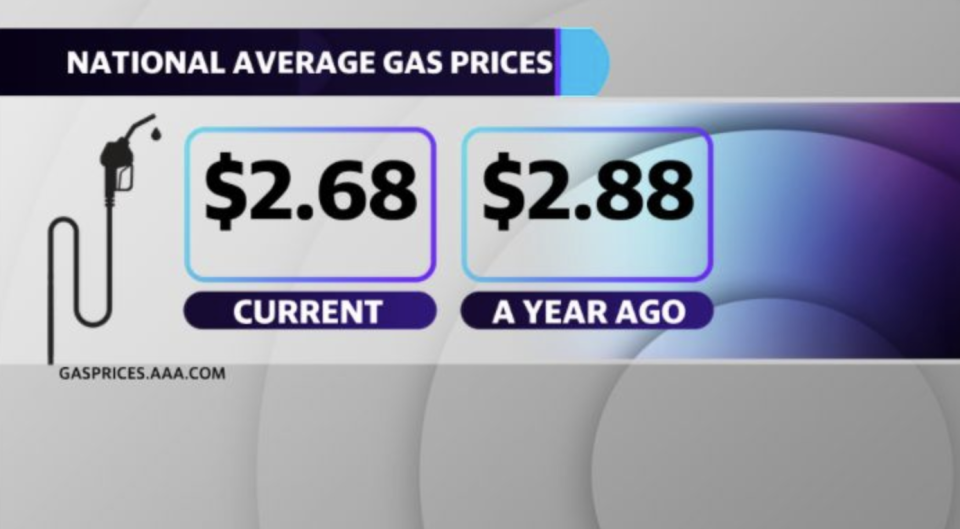'The risk is that prices are going up' as trade war poses big test for consumers
The U.S. trade war with China may be hitting the wallets of consumers, as the price of everyday items could rise.
Americans are taking notice. A recent YouGov poll found that 86% of Americans said they would know if prices rose on grocery store items they frequently purchase. Meanwhile, 24% of those surveyed said they’d put off at least one purchase over the fear of tariffs hiking prices.
The timeline of U.S. tariffs imposed on China is still unclear. Last month, the United States raised the rate to 25% on $200 billion worth of Chinese goods, and is threatening more hikes on an additional $300 billion.
And with a new study by the National Bureau of Economic Research estimating that 10% tariffs have already cost the average American household $414 last year, consumers may start feeling real pain very soon.
“If the tariffs on $200 billion of goods remain at 25%, I think we [will] come to understand the impact that that has on consumer spending power,” Keel Point chief economic advisor’s Steven Skancke told The Ticker on Tuesday.
President Donald Trump is still confident in his relationship with China’s President Xi Jinping, and his tweet saying the two would meet this month sent investor optimism — as well as major stocks—surging in Tuesday’s session.
Had a very good telephone conversation with President Xi of China. We will be having an extended meeting next week at the G-20 in Japan. Our respective teams will begin talks prior to our meeting.
— Donald J. Trump (@realDonaldTrump) June 18, 2019
“The good news is that President Trump and President Xi spoke earlier today,” Skancke said. “That’s relieved a lot of tension and a lot of pressure from the thought that they might add 25% tariffs to another $300 billion of goods.”
Falling Price of Oil
Another wild card the oil, which has been on a roller-coaster ride since the beginning of the year. While expectations of falling demand have kept crude prices contained, turmoil in Venezuela and the Middle East have stoked concerns about a supply squeeze — and pushed up energy prices.
“For most people, the risk is that prices are going up,” says Bankrate.com chief financial analyst Greg McBride.
“Even the relief you’re getting at the gas pump is relatively small potatoes,” he said. “You look at the drop in gas prices since the beginning of May: a typical 2-car household is going to save maybe $20 on that in the last 2 months.”

Crude oil prices have tumbled more than 20% since their peak in late April on trade war concerns, and a slowing world economy.
For consumers, oil is a clear measure of how financial fluctuations hit their wallets. But Skancke said consumers can’t rule out the possibility of market whiplash.
“We saw the markets were up 18% coming into this year at the end of April,” Skancke notes. “It would be very easy to revisit those highs and even push higher.
Trade war jitters have been “a huge overhang on market concern about where it goes and what happens next.”
Read the latest financial and business news from Yahoo Finance
Follow Yahoo Finance on Twitter, Facebook, Instagram, Flipboard, SmartNews, LinkedIn,YouTube, and reddit.
